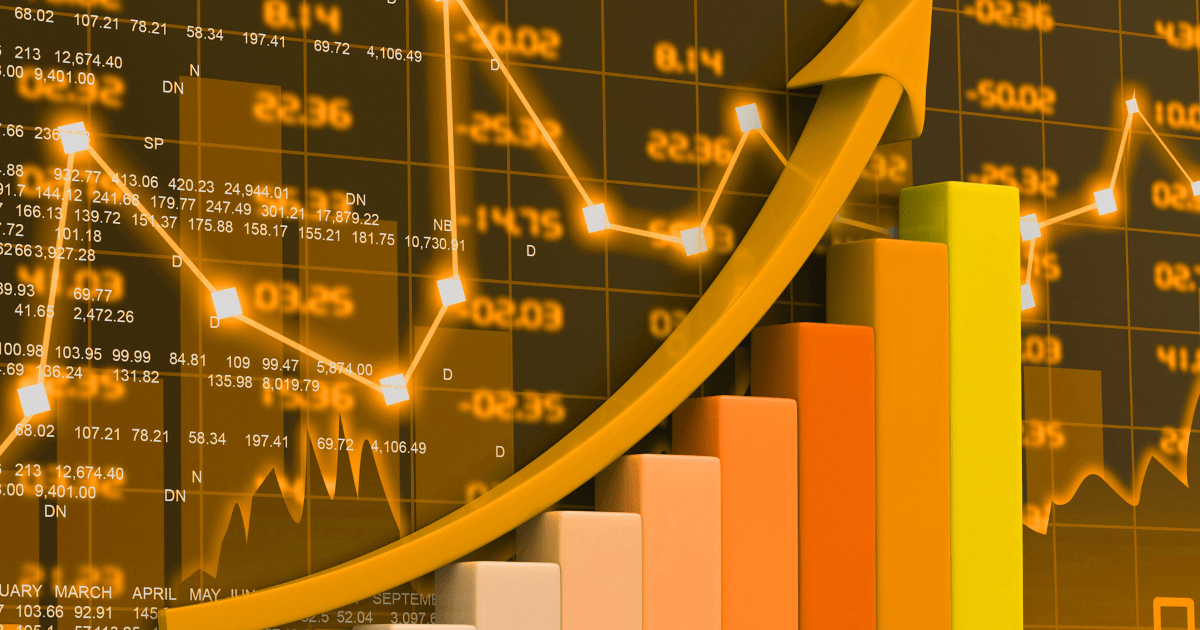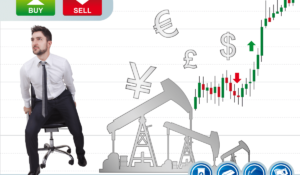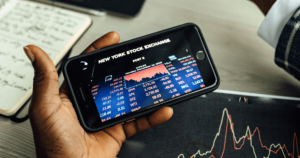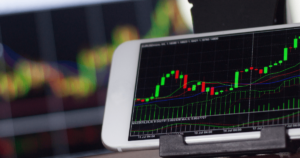Forex trading, with its dynamic and unpredictable nature, has long been associated with rational decision-making and analytical thinking. However, recent advancements in neuroscience have shed light on the significant influence of emotions on traders’ decision-making processes. This article explores the connection between emotions and forex trading, delving into the fascinating realm where biology, psychology, and economics intersect.
Understanding Neuroeconomics and Neuroscientific Approaches:
Neuroeconomics, a discipline that combines neuroscience, psychology, and economics, has emerged as a powerful tool for understanding decision-making in competitive market environments. By studying brain activity, heart rate, facial expressions, and conducting experiments, neuroeconomics aims to enhance our comprehension of economic theory, financial decision-making, and risk management strategies.
The Brain’s Response to Risk and Uncertainty:
Neuroscientific studies have revealed that financial decision-making is not purely a cognitive activity. The brain’s response to risk and uncertainty involves a complex interplay between rational thinking, emotions, and stress. Brain imaging techniques, such as functional magnetic resonance imaging (fMRI), have enabled researchers to observe specific regions of the brain that are active during trading activities, providing valuable insights into the physiological reactions associated with decision-making.
Emotions as Essential Decision-Making Factors:
Contrary to conventional wisdom, research in neuroeconomics suggests that emotions play a crucial role in decision-making, including forex trading. Intuition, hunches, and instinct, often labeled as “hot” decision-making processes, can help traders recognize patterns in complex markets and create algorithms for exploiting those patterns. Additionally, emotions act as a source of valuable information, facilitating rational choices and aiding in risk assessment.
The Impact of Hormones on Trading Behavior:
Studies have explored the influence of hormones, such as testosterone and cortisol, on traders’ decision-making processes. Moderate testosterone levels prepare traders to take calculated risks, while excessive levels can lead to irrational risk-taking behavior. Similarly, cortisol, associated with stress and anxiety, can make traders overly risk-averse during market downturns. These hormonal imbalances can contribute to market volatility and irrational decision-making.
The Emotional Component and Trading Performance:
Neuroscientific experiments have challenged the traditional notion of rational thought prevailing over emotional thinking. Studies have shown that individuals with intact emotional responses tend to make better investment decisions and achieve more favorable trading outcomes. Emotions provide essential information that can help traders control biases induced by feelings, leading to improved trading results.
The Misconception of Emotion-Free Trading:
Efforts to extract emotions from trading and rely solely on mathematical models have been called into question. Neuroscience research suggests that emotions carry valuable information and should not be disregarded. Striving for emotional detachment in risk management may overlook critical insights that can impact trading strategies and outcomes.
Key Takeaways:
- Neuroeconomics combines neuroscience, psychology, and economics to study decision-making in competitive markets.
- Emotions play a significant role in forex trading, providing valuable information and aiding in risk assessment.
- Hormones like testosterone and cortisol can influence traders’ risk-taking behavior and market volatility.
- Emotional responses contribute to better investment decisions and trading outcomes.
- Dismissing emotions entirely may hinder traders’ ability to make informed decisions.
Frequently Asked Questions:
Q1: How can emotions be beneficial in forex trading?
A: Emotions provide valuable information and aid in risk assessment, helping traders make better decisions and identify patterns in complex markets.
Q2: Should traders completely disregard rational thinking in favor of emotions?
A: Emotions should not replace rational thinking but rather complement it. Emotional responses can provide insights that rational analysis alone might miss.
Q3: Can hormonal imbalances affect trading outcomes?
A: Yes, excessive levels of testosterone or cortisol can lead to irrational risk-taking or excessive risk aversion, impacting trading performance.
Q4: Is it possible to control and utilize emotions effectively in trading?
A: Developing self-awareness and emotional intelligence can help traders recognize and manage their emotions, leading to more informed decision-making.
Q5: How can traders strike a balance between rationality and emotions?
A: Integrating rational analysis with emotional awareness can lead to a more comprehensive decision-making process, incorporating both analytical and intuitive approaches.
In conclusion, the integration of neuroscience and economics has revealed the significant role of emotions in forex trading. Emotions provide valuable insights and complement rational analysis, contributing to better decision-making and trading outcomes. Acknowledging and understanding the human factor in trading can empower traders to navigate the dynamic forex market more effectively.







